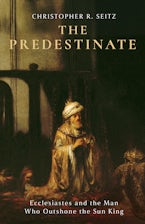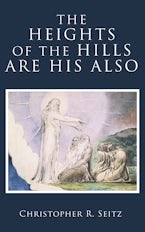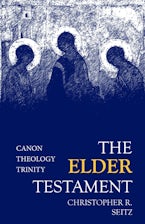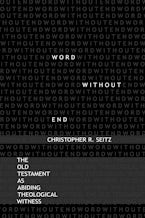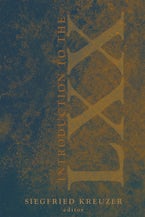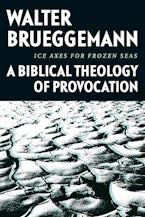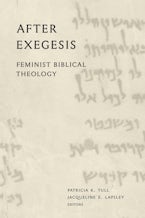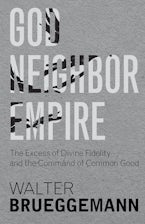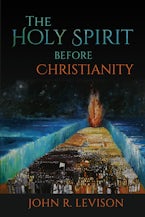This is an unusual book, rich with intrigue. It is, foremost, a book about Ecclesiastes—not a commentary, not another scholarly monograph, but rather a guide to understanding the angle of vision the ancient text asks us to see: that is, how to live our lives within proper limits, how to surrender ourselves to God, and finally how to learn to die.
With creativity, flair, insight, and eloquence, Christopher Seitz moves effortlessly between the wisdom of Kohelet and an illustrious figure of the seventeenth century, not well known outside of France—Nicolas Fouquet, whose position as Superintendent of Finances under Louis XIV gave him wealth, fame, creative talent, friends, and influence. He was the purported author of a highly successful volume of sayings from Solomon entitled Les Conseils de la Sagesse, and the rapidity and severity of his fall is the stuff of legend. This biographical angle gives to the treatment of Ecclesiastes a fresh perspective for those who are confounded by this challenging book. Seitz guides us in evaluating how we are to view the narrator in relation to Solomon (whose name is never mentioned) by centering on the matter of authorial perspective.
Fouquet’s life mirrors Solomon’s as that legendary king has been given voice in the book of Ecclesiastes. And as with Ecclesiastes, the contested issue of Fouquet’s authorship of the book associated with him relativizes authorship as a determinative category for interpretation, which has presented a major challenge for scholarship on the biblical book. He and the Solomon referred to, taken as a source of wise counsel, endure similar circumstances and share a landscape of penitential confession and surrender to God’s purposes. Their common thread is scriptural and "Solomonic." And the thing they most truly share, and which Ecclesiastes seeks to show us—as Les Conseils does in its way—are two larger-than-life individuals, broken and penitent and, just to the degree that is so, finally coming to their spiritual senses.

